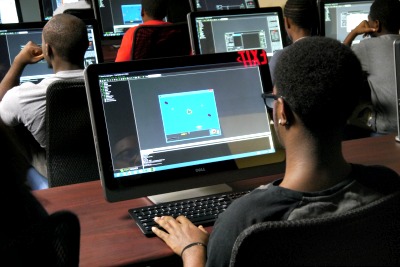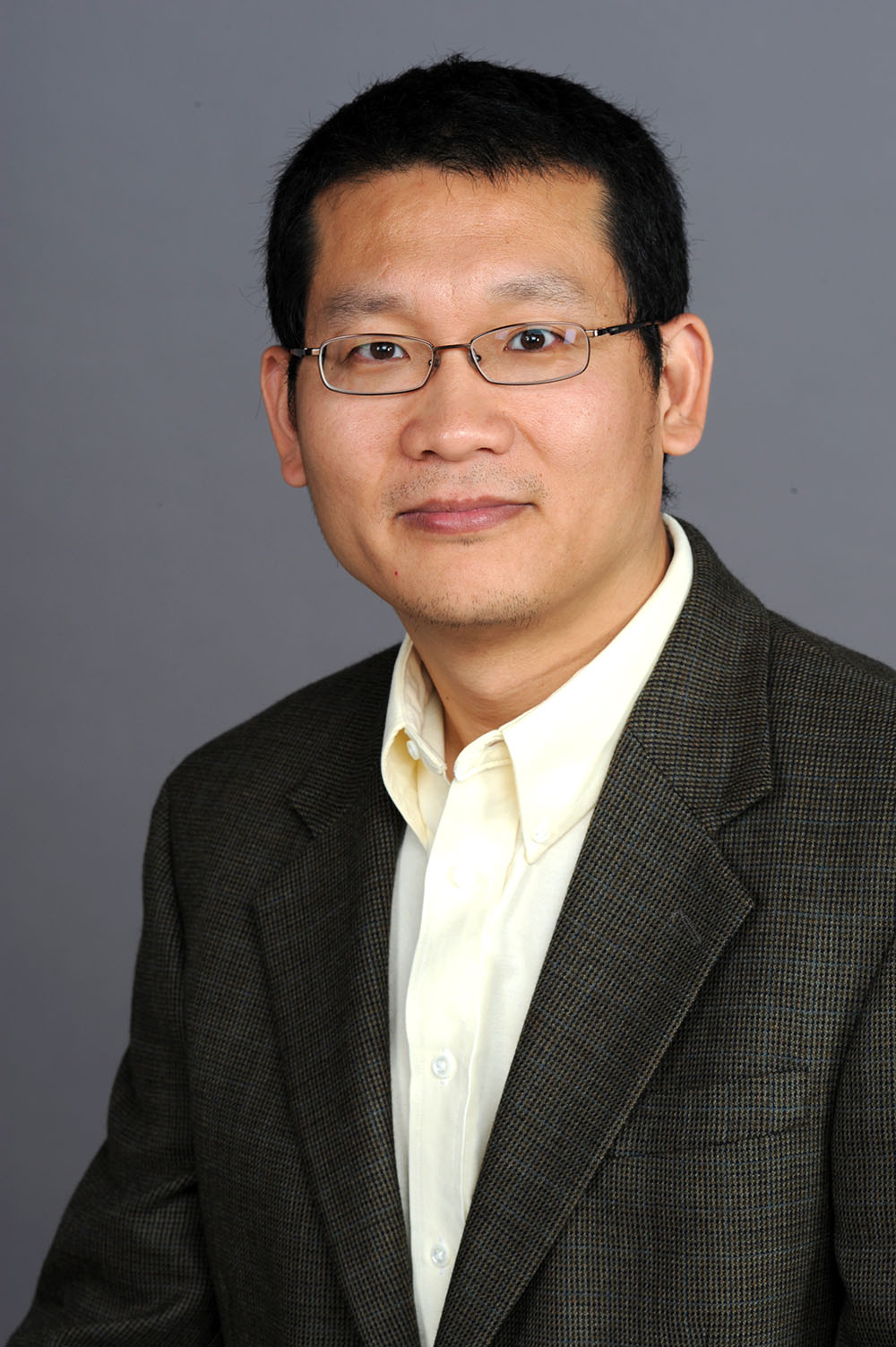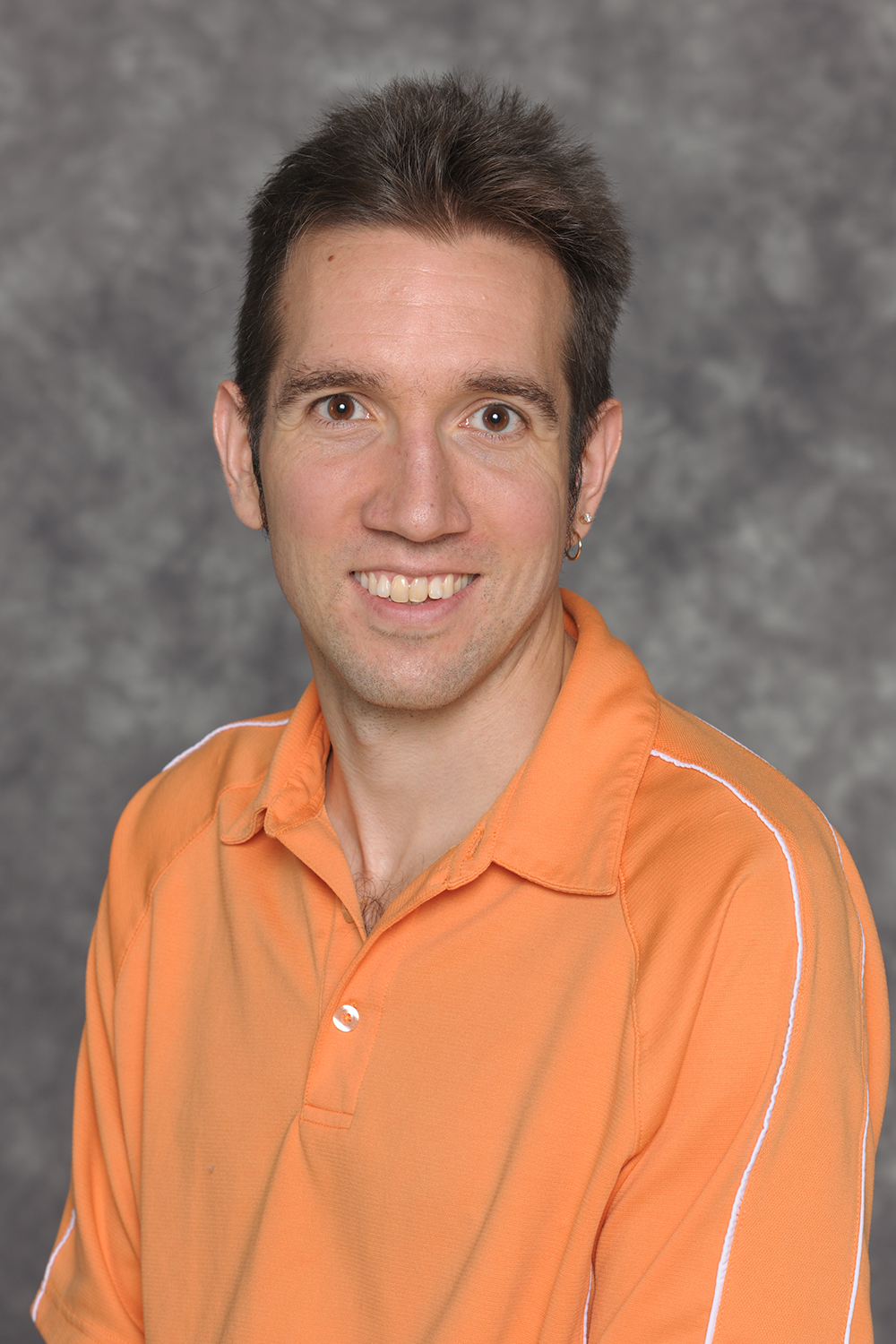WHY CHOOSE US
We offer challenging degree programs at bachelors, Masters and Ph.D. level that offer high-quality teaching by outstanding and experienced faculty.
Our programs prepare students for either continued graduate education or for careers in business, industry, or government. Further, our programs include a mix and balance of application-oriented course work and study of the underlying theory and principles.
Finally, our programs are designed to educate students whose technical knowledge and skills will not become rapidly outdated upon leaving the University. Towards those ends, all faculty in the School are involved in undergraduate education, including teaching beginning courses.
OUR MISSION
The Knight Foundation School of Computing and Information Sciences was formed in 1987 from the former Department of Mathematical Sciences.
The mission of the School has several dimensions, consistent with the overall mission of the University and consistent with its role as part of the College of Engineering and Computing.
- High-Quality Undergraduate Program,
- Graduate Degree Programs for M.S. and Ph.D.,
- Basic and Applied Research in CS,
- Provide Course work & Support for Non-CS Students,
- Respond to needs of local & regional industry/government,
- Provide Technical expertise to entire University.
WHAT WE DO
Effective quality teaching is an essential part of the responsibilities of all faculty in the School, and special efforts are made to find ways of increasing that quality and effectiveness.
Consistent with our status as part of the College of Engineering and Computing, the education of majors should not only include up-to-date technical material utilizing contemporary equipment but also should provide an opportunity for students to take advantage of their educational opportunities to become broadly educated as citizens and individuals.
Consistent with the mission of the University, the Knight Foundation School of Computing and Information Sciences offers its programs to full and part-time degree-seeking students and accommodates the special needs of mature students and lifelong learners.
PROVIDE COURSE WORK & SUPPORT FOR NON-CS STUDENTS

To provide course work and support for students in other fields who need and want to learn computer skills and to understand and utilize computers either in their chosen careers or for personal intellectual growth and stimulation.
As computer knowledge and skills become an important part of higher education for students in all areas, providing appropriate courses and instruction has become an increasingly important part of the mission of the Knight Foundation School of Computing and Information Sciences, just as courses and instruction for non-majors have historically been part of the missions mathematics and English department.
Because of the importance of these skills and this knowledge to succeed in higher education, this aspect of our mission carries with it a special component of responsibility to minority and other educationally disadvantaged students.
RESPOND TO NEEDS OF LOCAL & REGIONAL INDUSTRY/GOVT.
Consistent with the mission of the University, to respond to the needs of local and regional industry and government.
This includes cooperation with research and development efforts of local industry, sharing information through joint seminar participation, providing specific training and technical information to them.
Cooperative research efforts with industry enhance the research mission of the Knight Foundation School of Computing and Information Sciences and also help to promote economic development in our region.
Similarly, joint activities with government agencies such as the National Oceanographic and Atmospheric Administration in topics such as massively parallel computation provides opportunities for faculty and graduate student research as well as an opportunity for the School to provide a valuable service toward the solution of problems important to the entire world.

provide technical expertise to entire university

To provide technical expertise to the entire University community so as to help with the integration of computers throughout all aspects of the University.
The University of the future will have a distributed computer network at its center, linking and supporting a wide range of instructional, research and administrative activities.
The Knight Foundation School of Computing and Information Sciences, by virtue of having knowledge and expertise concerning both computer technology and also educational needs, has a special role to play in leading the development of such a University-wide integrated computer network and in deciding on how it is to be used.
Working in cooperation with University Technology Services and with other academic units, the Knight Foundation School of Computing and Information Sciences should help lead the University in utilizing this technology in all phases of its educational mission.
MEET THE LEADERSHIP

Jason Liu
Endowed Computer Science Professor & Director
Dr. Jason Liu is an Eminent Scholar Chaired Professor at the Knight Foundation School of Computing and Information Sciences, Florida International University (FIU) in Miami, Florida, USA. Previously, he was a Research Scientist at Dartmouth ISTS in 2003, a Postdoctoral Researcher at University of Illinois, Urbana-Champaign during 2003-2004. He held a honorary position as Visiting Professor at Tsinghua University, China, and was a Visiting Scientist at Los Alamos National Laboratory (LANL) and Université Pierre et Marie Curie (UPMC)/Laboratory of Information, Networking and Communication Sciences (LINCS). Dr. Jason Liu received a B.S. degree from Beijing University of Technology in China in 1993, an M.S. degree from College of William and Mary in 2000, and a Ph.D. degree from Dartmouth College in 2003.
Dr. Jason Liu’s research focuses on modeling and simulation, parallel discrete-event simulation, performance modeling and simulation of computer systems and computer networks. He currently serves on the Editorial Board of ACM Transactions on Modeling and Computer Simulation (TOMACS), SIMULATION, Transactions of the Society for Modeling and Simulation International, and IEEE Networking Letters. He is also on the Steering Committee of ACM SIGSIM Conference on Principles of Advanced Discrete Simulation (SIGSIM-PADS). He served as General Chair or Program Chair for several conferences in related areas. Dr. Jason Liu is an NSF CAREER awardee in 2006 and an ACM Distinguished Scientist in 2014. His research has been supported by various funding agencies, including NSF, DOE, DOD, DHS, and NIH.
Click here to read the Director’s Welcome Letter.

Trevor Cickovski
Associate Director & Associate Teaching Professor
Dr. Trevor Cickovski received his Ph.D. from the University of Notre Dame in 2008. He holds Graduate Faculty status and specializes in teaching hardware and Unix coursework, and is IRB-certified and a member of the Bioinformatics Research Group (BioRG) at FIU. He also is a member of the ACM, IEEE, and the National Learning Assistant Alliance (LAA).
Before coming to FIU Trevor was Discipline Coordinator of Computer Science at Eckerd College, instructing a variety of computer science and cross-disciplinary liberal arts courses. He has received three teaching excellence awards, from the FIU College of Engineering (2019), FIU Knight Foundation School of Computing and Information Sciences (2017), and from Notre Dame as a graduate instructor (2006). Trevor was named a Center for the Advancement of Teaching (CAT) fellow in 2019, participating in a University-wide effort to improve teaching evaluation and developing a website for CAT referenced in Panther180. He has received funding from Nvidia to bring GPU computing to the classroom.
Trevor is passionate about health and explores roles played the microbiome in maintaining homeostasis. Microbiomes have enormous influence given their ubiquity and involvement in host metabolic reactions. He has explored connections with ADHD, A1AD, COPD, smoking, and red tides using multi-omics approaches that integrate DNA, RNA and metabolites through large-scale processing, GPUs, and network analyses. He has several peer-reviewed publications including JMM, LNBI, Bioinformatics, BMC, ICCABS, IWBBIO, and ACM TCBB. He has received funding from NIJ (epigenetics), and NSF (machine learning and Covid-19 vaccine discovery). Trevor is lead software developer of PluMA, facilitating natural progress by allowing construction of new ideas as plugins in a choice programming language. These can be uniformly tested alongside other plugins and committed to a centralized plugin pool. The PluMA plugin pool has grown from 70 to 225+ plugins from 2019 to 2020, and continues to grow.
